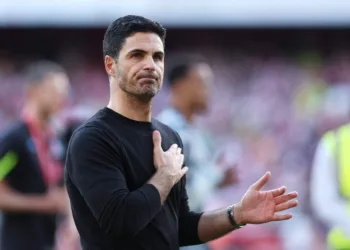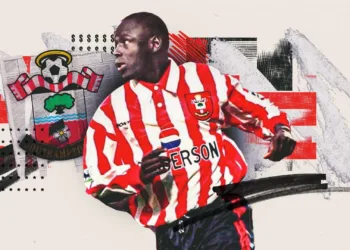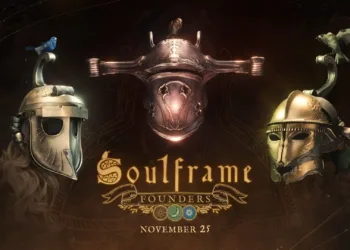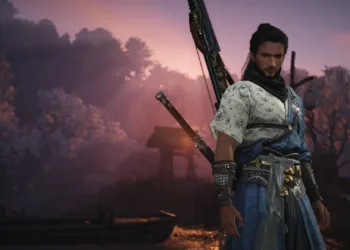Social media influencer and motivational speaker Ranveer Allahbadia, popularly known as “BeerBiceps,” found himself at the center of a heated online debate after posting—and subsequently deleting—a message expressing solidarity with “Pakistani brothers and sisters.” The now-removed Instagram story, which read “Dil se sorry agar lagra hai ki hum nafrat faila rahe hai” (Heartfelt sorry if it feels like we’re spreading hatred), sparked immediate backlash from Indian netizens who accused him of being insensitive amid ongoing geopolitical tensions.
Within hours, the post went viral, with screenshots circulating across Twitter and Instagram, dividing opinions between those who saw it as a call for peace and others who viewed it as tone-deaf. Allahbadia later issued a clarification, but the damage was done—his name trended on social media, with critics demanding accountability and supporters defending his right to advocate for harmony.
Table of Contents
Ranveer Allahbadia Controversial Post That Divided the Internet
Ranveer Allahbadia’s now-deleted Instagram story was brief but loaded with implications. Written in Hindi, it expressed regret over perceived hatred between Indians and Pakistanis, urging for a more compassionate dialogue. While the intent may have been to promote peace, the timing and phrasing struck a nerve. Many Indian users pointed out that such statements often ignore the complex history and ongoing conflicts between the two nations, including terrorism concerns and diplomatic standoffs.

Critics argued that Allahbadia, who has built a brand around self-improvement and business advice, overstepped by wading into geopolitics without proper context. Some accused him of “virtue signaling,” while others questioned whether he would have made a similar post about other hostile neighboring countries. The backlash was swift, with hashtags like #BoycottBeerBiceps and #RanveerApologize gaining traction.
Supporters, however, defended his right to speak on humanitarian grounds, emphasizing that his message was about reducing animosity, not taking political sides. The debate soon expanded beyond Allahbadia himself, becoming a microcosm of the larger discussion on whether influencers should engage in politically charged topics at all.
The Apology and Damage Control
Facing mounting criticism, Allahbadia deleted the post within hours and issued a follow-up statement. In a series of Instagram stories, he clarified that his intention was never to undermine national sentiment but to encourage a more empathetic discourse. “My words were misconstrued,” he wrote. “I stand with my country first and always. If my message came across differently, I take full responsibility.”
The apology, however, did little to quell the outrage. Some users accepted his explanation, acknowledging that his broader content has always been apolitical. Others remained unconvinced, arguing that influencers with massive followings must be more cautious with their words, especially on sensitive subjects.
This incident isn’t the first time an Indian public figure has faced backlash for perceived pro-Pakistan sentiments. Similar controversies have embroiled celebrities like Ali Zafar, Veer Das, and even cricket stars, highlighting how fraught India-Pakistan discussions remain in the public sphere.

Why This Backlash Matters for Influencers
The Ranveer Allahbadia controversy underscores a critical lesson for digital creators: the risks of venturing into geopolitics without nuance. With over 3 million followers, his words carry weight, and the backlash demonstrates how quickly a well-intentioned message can spiral into a PR crisis.
This incident also reflects a broader trend where audiences increasingly hold influencers accountable not just for their expertise but for their political and social stances. In an era where brand deals and sponsorships hinge on public perception, one misstep can have lasting repercussions.
For Allahbadia, whose brand revolves around motivation and entrepreneurship, the fallout serves as a cautionary tale about the limits of his influence. While his core audience may forgive the misstep, the incident could alienate more nationalist followers who expect unwavering loyalty to India-first narratives.
Conclusion
Ranveer Allahbadia’s deleted post and subsequent apology reveal the tightrope influencers walk when addressing sensitive topics. While his intent may have been noble, the backlash highlights how even well-meaning messages can backfire in polarized times. For digital creators, the takeaway is clear: tread carefully when navigating geopolitics, or risk alienating the very audience that built your brand.
Kiara Advani Shares Unseen Wedding Pics with Sidharth Malhotra, Pens Heartfelt Mother’s Day Tributes
FAQs
1. What exactly did Ranveer Allahbadia post about Pakistan?
He shared an Instagram story expressing regret over hatred between Indians and Pakistanis, writing “Dil se sorry agar lagra hai ki hum nafrat faila rahe hai.”
2. Has Ranveer Allahbadia apologized?
Yes, he deleted the post and issued a clarification stating his loyalty to India while explaining his intent was to promote peace, not politics.








